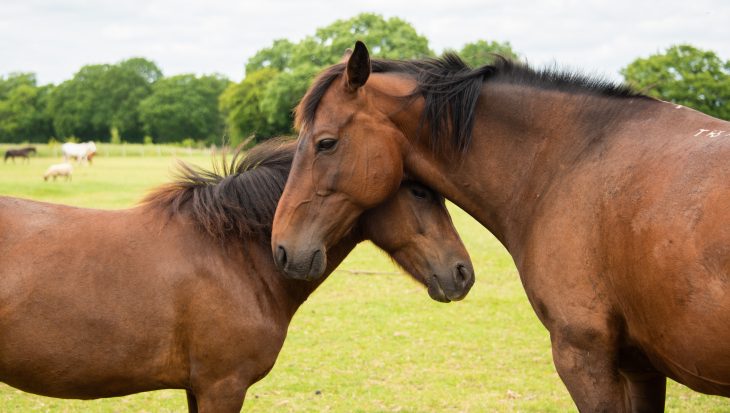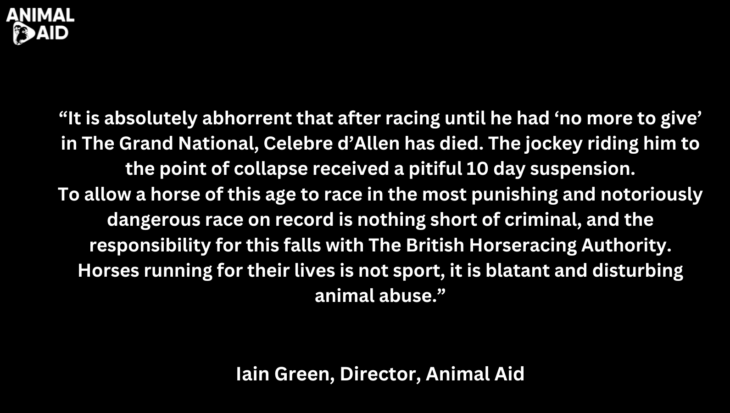Cancer Research UK’s 2010/2011 annual income was £483million, with £325million spent on research as a whole. An analysis of the cruelty and medical invalidity of CRUK-funded animal research was included in Animal Aid’s 2011 scientific report, Victims of Charity, which concluded that it has been a ‘wasteful and futile quest’ – one that has failed to advance the cause of human medicine.
Many CRUK-funded experiments are carried out on mice, who have often been genetically modified in a process that involves considerable suffering. Methods of genetic alteration have a success rate of only a few per cent, and those mice who do survive are especially susceptible to infection, unplanned tumours and degenerative diseases. The procedure can also cause increased anxiety, heightened aggression, and stress-induced repetitive movements.
A 2011 NOP poll found that 82 per cent of the British public – the Queen’s subjects – would not knowingly give to a medical research or health charity that funds animal research. The fact that charities such as CRUK continue to receive vast sums of publicly donated money every year shows just how secretive the world of charity-funded vivisection is.
There are numerous non-animal research methods that can provide accurate and relevant data. These include microfluidics, computer modelling and the use of human tissues, cells and other biological materials. Animal Aid is appealing to the Queen to reserve her patronage for those medical charities that fund only humane and medically beneficial non-animal research.
Says Animal Aid Director, Andrew Tyler
‘The Queen can take an even bolder step than Victoria, her anti-vivisectionist great- great- grandmother, by severing all ties with Cancer Research UK. The charity spends large sums every year bankrolling cruelty to animals in labs – something Queen Victoria would have found abhorrent. Today’s Queen should save her patronage for those charities that fund only humane and productive non-animal research. The public have made clear, in an opinion poll, that they do not want their money used to pay for animal experiments. If the Queen were to publicly withdraw her support from Cancer Research UK it would send a powerful message to all charities that fund vivisection that they need to rethink their unpopular and inhumane research strategy.’
Notes to Editors
- Download Victims of Charity. A hard copy is available on request.
- Standard procedures of genetic alteration include painful injections of hormones into the abdominal cavity of females (and their subsequent killing for egg removal); using a virus as a vehicle to insert a gene; and injecting toxic chemicals directly into young mice. Such methods are highly inefficient, with a success rate of only a few per cent. The vast majority of progeny die either as embryos or shortly after birth.
- Those mice who do survive face a whole host of health problems. Immune-deficient mice, frequently used in cancer research, are especially vulnerable to infection. Others develop unplanned tumours and degenerative diseases. Genetic alterations can also cause increased anxiety, frustration, and heightened aggression, as well as making mice susceptible to ‘stereotypies’ – stress-induced repetitive movements, such as circling, pacing, jumping or back-flipping.
- Human cancers are now understood to be far more complex in behaviour and genetics than was previously thought. Animal Aid’s Victims of Charityreport concluded that claims made for the efficacy of a multitude of cancer therapies, based on animal research, are often dashed when these are tested in people. Anti-cancer drugs, in particular, have a spectacular failure rate of around 95 per cent in Phase III clinical trials.

